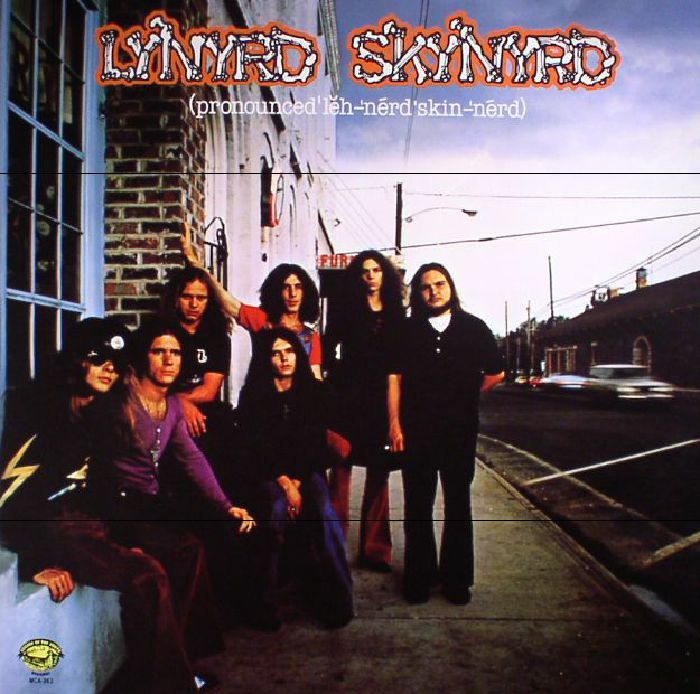

“Tuesday’s Gone” then provides an immediate contrast to the opener, instantly displaying the band’s range and penchant for differing moods. Although this intro is rather awkward, the song finally catches its groove with the Rossington riff and piano embellishment from Powell, saving the song from bring too ordinary. The album begins with some backward percussion effects that introduce “I Ain’t the One”. The song completes the band’s debut album in climatic fashion. The moody ballad gives way to a frantic ending jam led by the dual guitar leads and ever-more creative ways to grind out the three backing chords and even contains a drum roll by Bob Burns that lasts nearly a minute. The poignant yet melancholy lyrics were written by Collins when he then-girlfriend (and later wife) spoke the opening lines verbatim “ If I leave here tomorrow, will you still remember me?” “Freebird”‘s majestic organ intro leads to one of the most famous guitar riffs in rock history, as Rossington used a glass Coricidin bottle for a slide to emulate his hero, the late Duane Allman. Powell was immediately invited him to join the band as keyboardist and the classic lineup of Lynard Skynard was established.

One day the band was playing a high school prom when their then roadie Billy Powell played what would become the intro piece to “Free Bird”, the band’s most famous song. The band had grown notoriety by opening for the band Strawberry Alarm Clock and that band’s guitarist Ed King joined Lynard Skynard to play bass on the debut album (later switching back to guitar, giving the band three guitarists). The more distinctive spelling was adopted at the suggestion of Kooper in 1972 when he signed the band his Sounds of the South, a subsidiary of MCA Records. In 1970, the band changed their name to “Leonard Skinner” as a tongue-in-cheek tribute to a strict phys-ed teacher at their high school in Jacksonville, who constantly harassed them because of their long hair (which played a big part in Rossington dropping out of school). Through many personnel and name changes in the late 1960s, these three remained the core. High school friends Ronnie Van Zant, Allen Collins, and Gary Rossington formed a band with two other friends called “The Noble Five”. The grouped was formed nine years earlier, in the summer of 1964. Produced by Al Kooper, there are few debut records which express such confidence and drive, with a balanced diversity between upbeat honky-tonk rock and the delicate jam songs, which would Be the prime templates for the “power ballads” which proliferated a decade or more later. This six-piece group out of Jacksonville, Florida fused blues, country, and straight-forward rock to forge an edge that is totally unpretentious and unassuming. Lynard Skynard burst onto the national scene with their 1973 debut Pronounced ‘lĕh-‘nérd ‘skin-‘nérd, which not only featured many of the band’s most popular songs but also defined the genre of “Southern Rock” more than any other album.


 0 kommentar(er)
0 kommentar(er)
